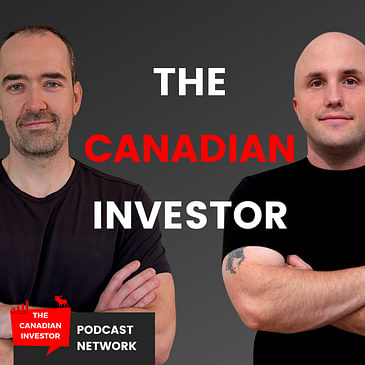In this episode of The Canadian Investor Podcast, we go over the recent earnings of 4 of Canada’s big 6 banks. The results from the big banks have been uneven with some performing better than others. We talk about CIBC, ScotiaBank, TD Bank and Bank of Montreal.
We also take touch on the news that Park Lawn Corporation will be taken private and more troubles for the owner of Ticketmaster, Live Nation
Ticker of stocks: BMO.TO, PLC.TO, BNS.TO, TD.TO, CM.TO
Check out our portfolio by going to Jointci.com
- Our Website
- Canadian Investor Podcast Network Twitter: @cdn_investing
- Simon’s twitter: @Fiat_Iceberg
- Braden’s twitter: @BradoCapital
- Dan’s Twitter: @stocktrades_ca
Want to learn more about Real Estate Investing? Check out the Canadian Real Estate Investor Podcast!
Apple Podcast - The Canadian Real Estate Investor
Spotify - The Canadian Real Estate Investor
Web player - The Canadian Real Estate Investor
Sign up for Finchat.io for free to get easy access to global stock coverage and powerful AI investing tools.
Register for EQ Bank, the seamless digital banking experience with better rates and no nonsense.
See omnystudio.com/listener for privacy information.

